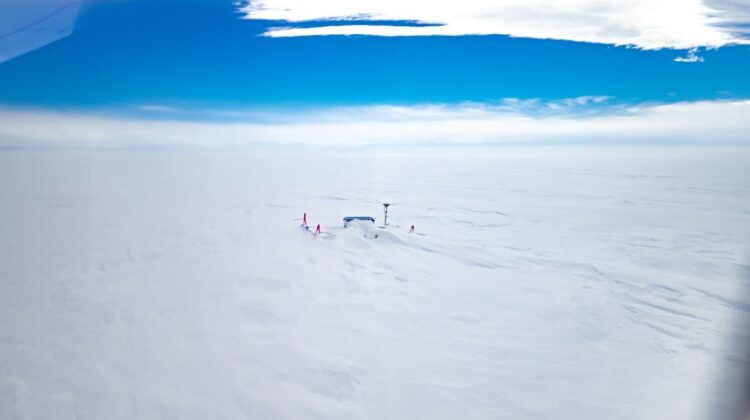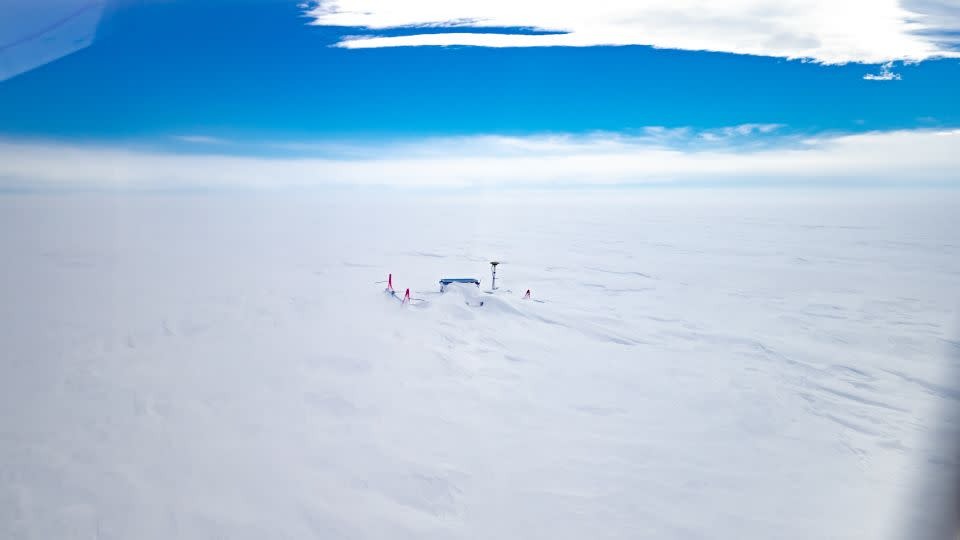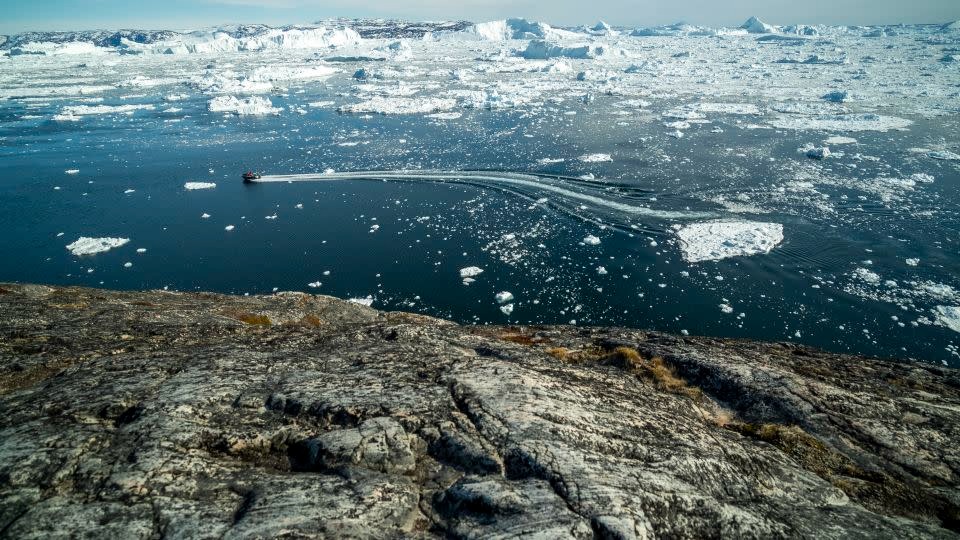
In a striking development, Donald Trump Jr. recently landed in Greenland, fueling intense speculation about the Trump administration’s renewed interest in purchasing the Arctic island. Greenland, the world’s largest island, has been at the center of geopolitical debates for decades, with the United States eyeing it not only for its strategic military value but also for its untapped natural resources. Despite the Danish government and Greenland’s officials asserting that the island is “not for sale,” Trump’s desire to acquire Greenland remains strong, raising questions about both national security and economic opportunity.
The US’s Strategic Interest in Greenland
Greenland’s location makes it an extremely valuable asset in terms of global security. Positioned between North America and Europe, it serves as a critical link in the Arctic region, providing access to vital shipping routes and military bases. Trump, like previous U.S. presidents, has viewed Greenland as a critical part of U.S. defense strategy, especially in countering potential Russian threats. As the U.S. continues to navigate its global influence, maintaining a foothold in Greenland’s strategically significant waters is crucial.

Since the Truman administration in the 1950s, the U.S. has operated a military air base in Greenland, the Pituffik Space Base, which has been vital for monitoring missile threats. Given the proximity of Greenland to Moscow, controlling such a location is seen as a key to maintaining American security in the Arctic. Trump has also spoken about Greenland’s role in the broader geopolitical landscape, stating that controlling the island is an “absolute necessity” for U.S. economic and military interests.
Greenland’s Untapped Resources: A Key Motivator
One of the most significant reasons for Trump’s interest in Greenland may not be military at all, but rather economic. The island is rich in natural resources, including vast deposits of oil, gas, and rare earth metals. These materials are in high demand, particularly as the world transitions to renewable energy. Rare earth minerals are crucial for manufacturing electric vehicles, wind turbines, and military technology, all of which are part of the U.S. focus on reducing dependence on foreign sources like China.
Experts suggest that the melting ice caps in the Arctic may open up new opportunities for resource extraction, making Greenland’s mineral wealth more accessible. The Trump administration may be looking to secure access to these resources, which are vital to the U.S.’s future energy needs and defense industries. Furthermore, as global tensions over trade and resource control intensify, Greenland’s strategic location and resource wealth could make it an even more valuable commodity.

The Climate Factor: Arctic Shipping and Resources
The Arctic region is warming at a much faster rate than the rest of the world, and this is changing the dynamics of global shipping. Melting ice has already opened up previously inaccessible trade routes, and Arctic shipping has grown by 37% over the past decade. This makes Greenland’s coastline even more valuable as a shipping hub. As Arctic temperatures continue to rise, this could increase the length of time these routes remain navigable, further increasing Greenland’s strategic importance.
Moreover, the changing climate is expected to make Greenland’s natural resources—such as oil and minerals—more accessible. While the effects of climate change are a global concern, they also present an economic opportunity for countries like the U.S. who are seeking to secure critical resources. Trump’s interest in Greenland may stem from a recognition of these emerging opportunities as the Arctic continues to change.
Greenland’s Struggle for Independence
Despite the U.S.’s interest, Greenland has made it clear that it is not for sale. The government of Denmark and Greenland’s own leaders have repeatedly stated that the island’s sovereignty is not up for negotiation. Greenland, a self-governing territory within the Kingdom of Denmark, has been seeking greater independence in recent years, with a push to diversify its economy and reduce reliance on Danish financial support.

However, Greenland’s leaders are also open to increased cooperation with the U.S. on strategic and economic matters. There have been discussions about a special association with the U.S., where Greenland would retain its sovereignty while receiving financial support in exchange for cooperation on defense and other interests. This arrangement could be similar to the one the U.S. has with the Marshall Islands, where the U.S. provides financial aid in exchange for strategic military cooperation.
Could Greenland Be the Next U.S. Acquisition?
While it seems unlikely that Greenland will be sold outright, the Trump administration’s focus on the island raises important questions about the future of U.S.-Greenland relations. The U.S. is actively seeking ways to increase its influence in the Arctic, not only for security reasons but also to ensure access to valuable resources. Greenland’s leaders, while resistant to the idea of selling the island, may find themselves in a position where increased U.S. involvement is seen as a necessary step toward securing economic stability and independence from Denmark.
As Greenland continues to seek autonomy, the U.S. may offer more financial incentives, which could lead to a new kind of relationship, one that could reshape the future of the island. Whether Greenland remains part of Denmark or pursues a path to full independence, its future remains tied to global powers vying for control of the Arctic region.

Leave a Reply